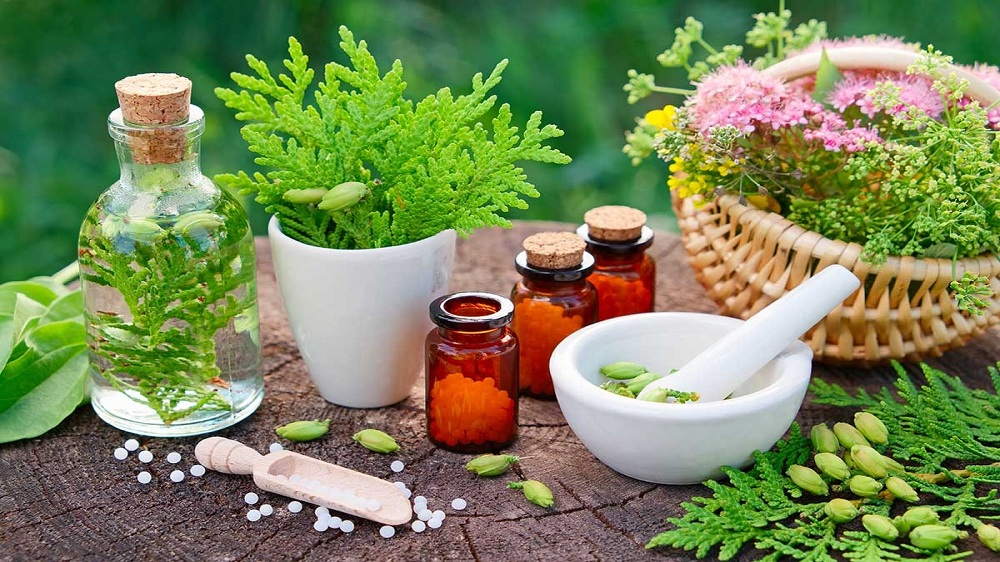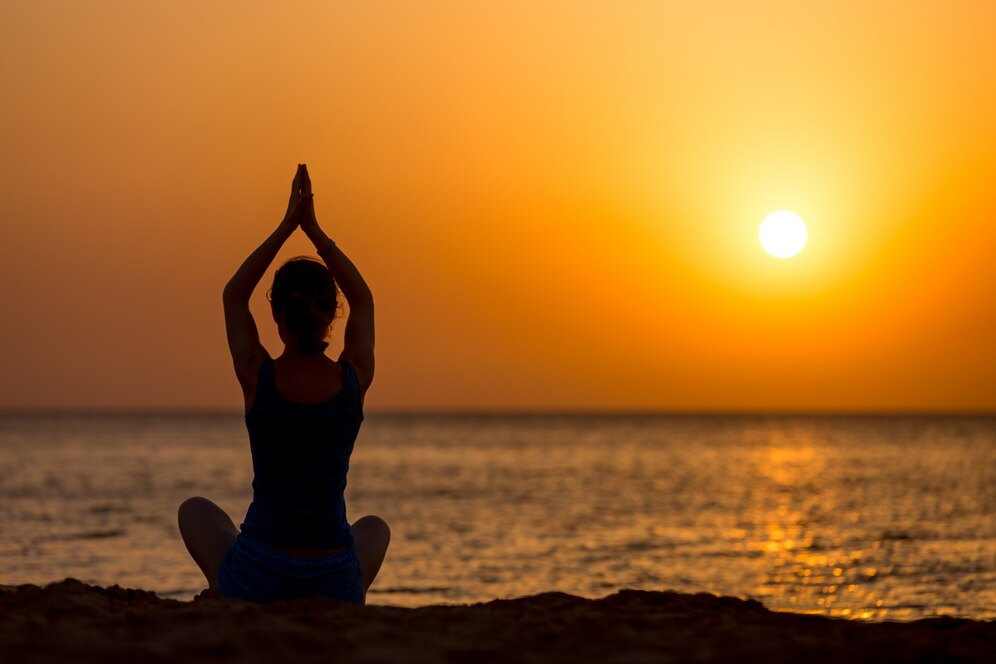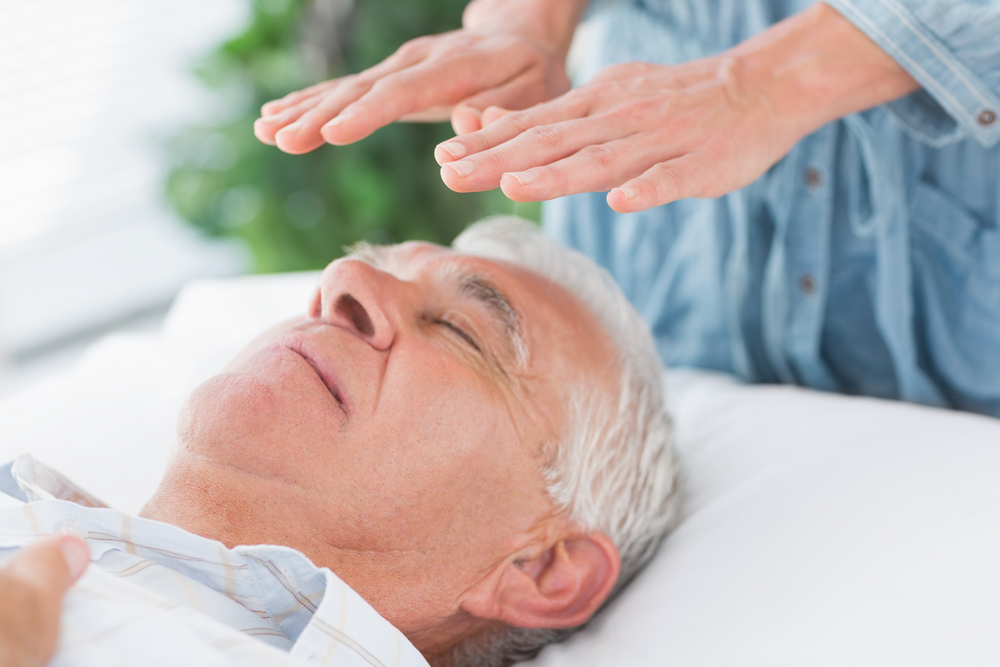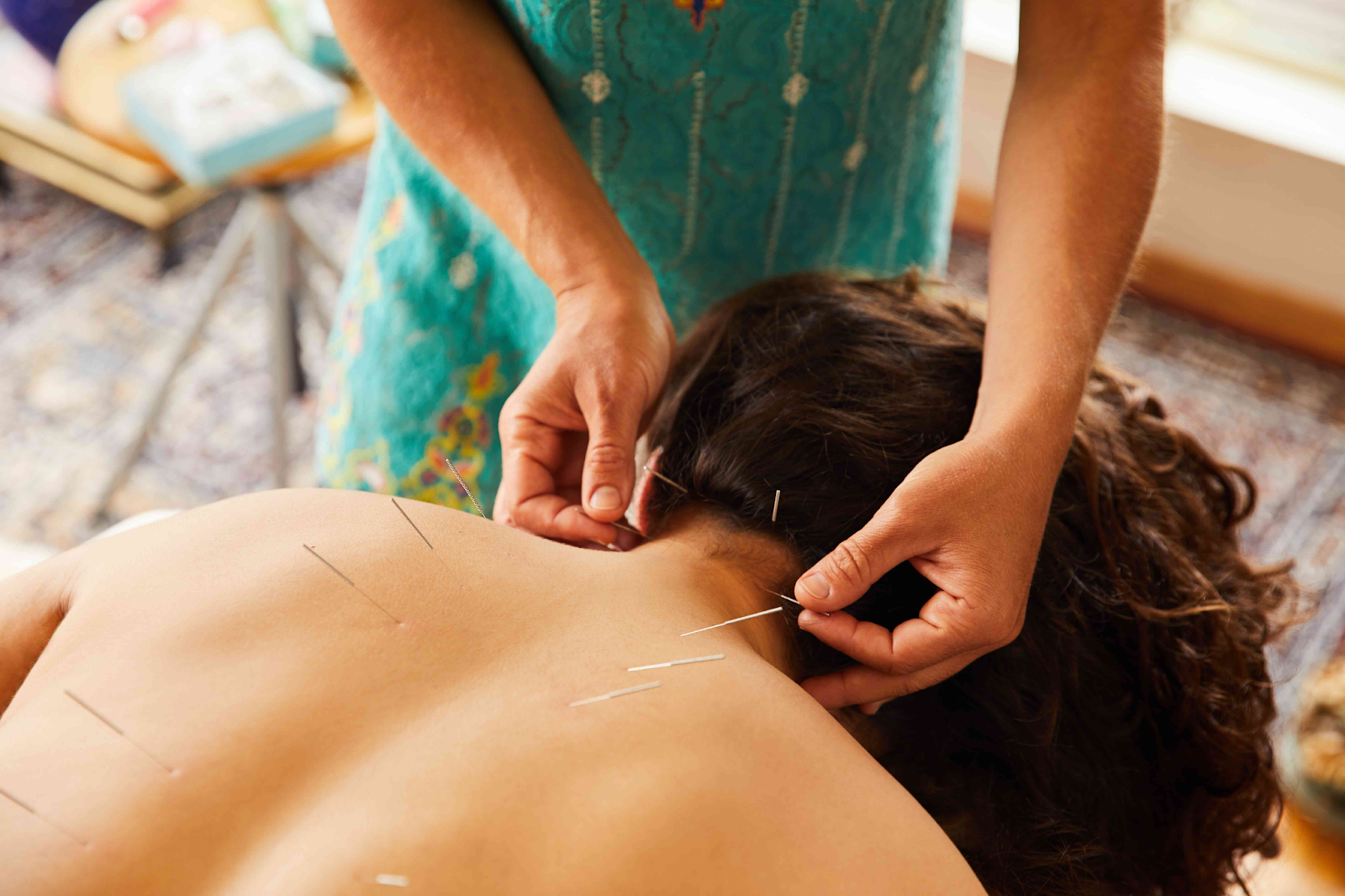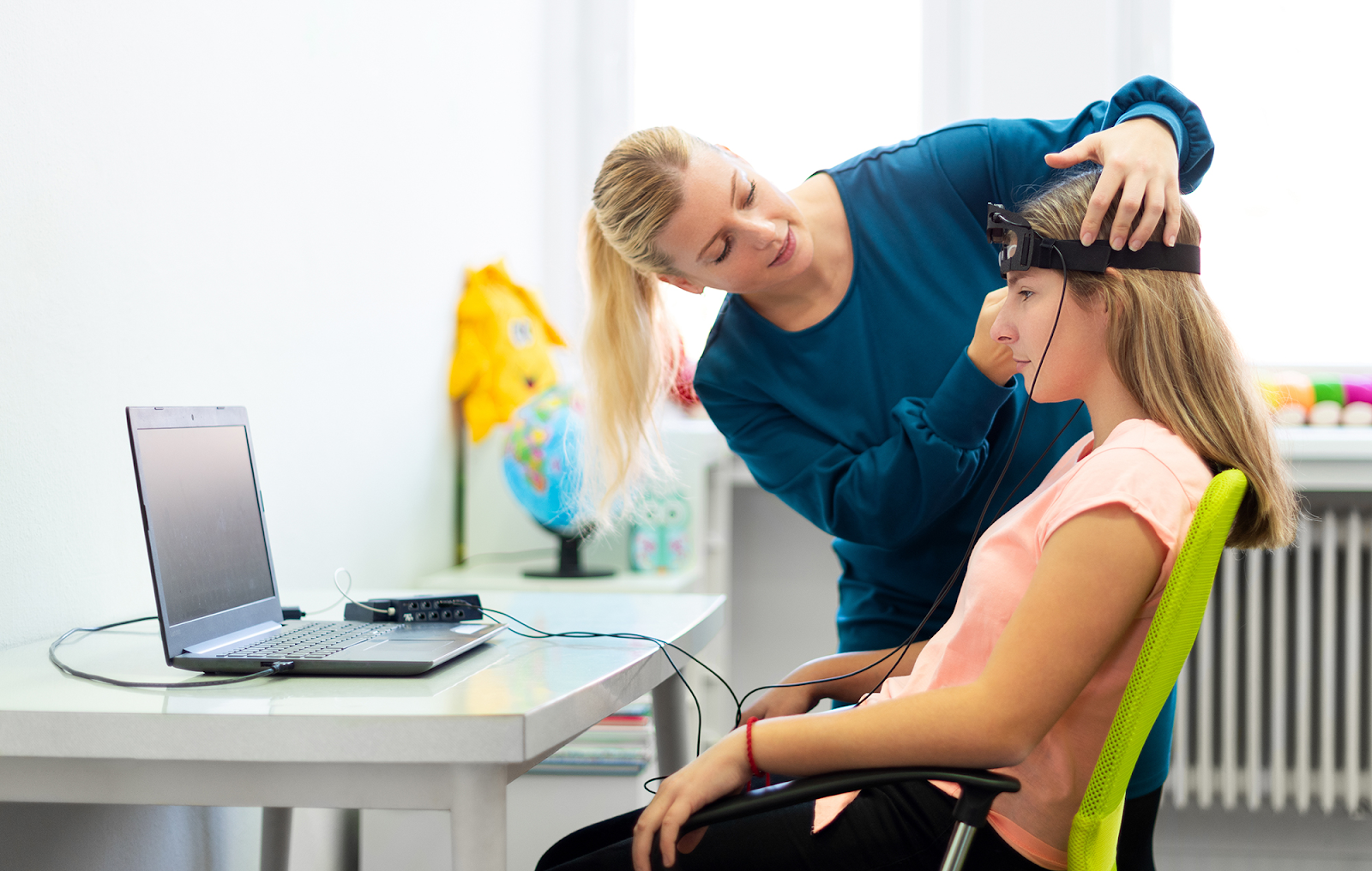Discover Your Perfect Healer Today!
Our online practitioner directory connects you with a wide range of healers to suit your unique needs.
Easily search and find the right professional to support your wellness journey.
Start exploring today to find your perfect match.
Modality
Disease
Books
Products
Events
Training
Blogs
Naturopathy
How to Become a Naturopathic Practitioner: Empowering Your Journey
Being a naturopathic practitioner is an exhilarating journey as it is characterized by the integration of therapeutic medicine and the utilization of the natural body’s ...
Read More → Written by
Michael Johnson
Holistic Health
Building Community: Connect with Holistic Health Practitioners
When people seek personal growth, healing, and networking, building relationships with holistic health professionals is important. These relationships elevate your wellness but offer support and ...
Read More → Written by
Michael Johnson
Reiki Healers
Understanding Why You Might Feel Sick After Reiki: Causes and Insights
Reiki is a form of Japanese healing technique known for irs calming benefits. However, on some occasions some individuals might feel a bit uncomfortable during ...
Read More → Written by
John Smith
Acupuncture
Crying After Acupuncture: Is It Common and What Does It Mean?
For centuries, acupuncture has been among the greatest components of old-style Chinese medicine. It is an age-old process that includes inserting thin needles into particular ...
Read More → Written by
David Brown
Neurofeedback-Biofeedback
Is Neurofeedback Covered by Insurance
The world of insurance for neurofeedback therapy can be a maze. This advanced therapy, which improves brain function and has been shown to help with ...
Read More → Written by
James Williams
Chiropractor
Common Myths and Misunderstandings About Chiropractic Care
People have misconceptions and misconceptions about chiropractic care which adds to the general misunderstanding of the practice. These misconceptions can hinder a person’s retrieving the ...
Read More → Written by
James Williams

